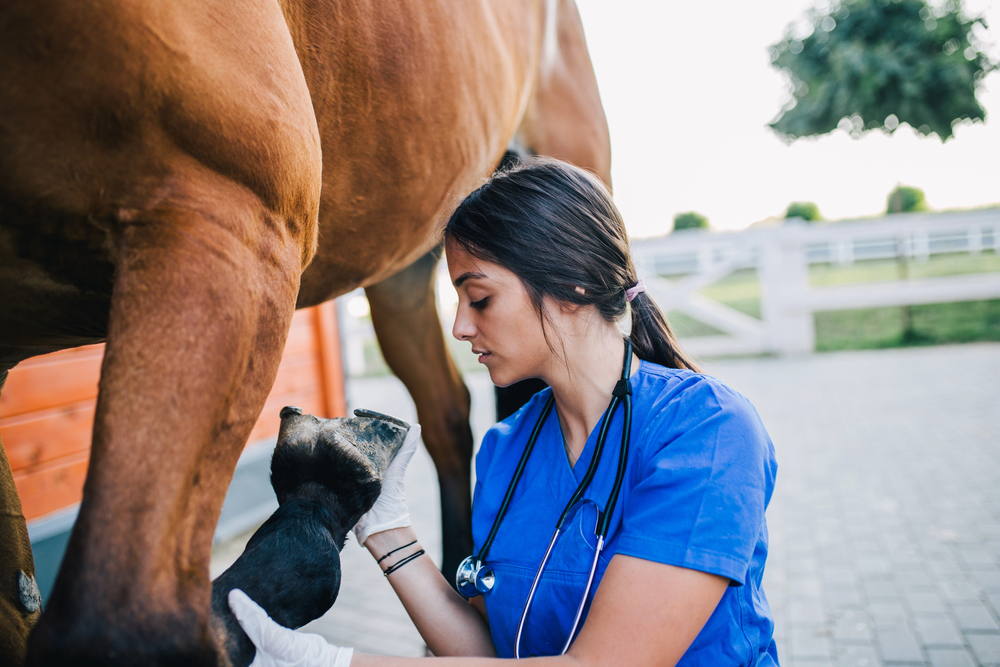A pre-purchase veterinary exam (often called a “vet check” or PPE) is one of the most important steps in any horse sale. It helps buyers make informed decisions and gives sellers an opportunity to be transparent. But even when both parties agree to a vet check, misunderstandings can arise—especially when the contract doesn’t clearly define what the exam includes or what happens if the horse doesn’t pass.
That’s why it’s smart to include a dedicated pre-purchase horse vet exam clause in your horse sale contract. It protects both sides, manages expectations, and helps avoid last-minute conflicts.
Why the Vet Exam Clause Matters
The purpose of a vet exam is to assess the horse’s current health, soundness, and fitness for its intended use. But vet checks aren’t pass/fail by default. One buyer may be okay with minor findings; another may walk away from the same report.
Without a clear clause in the contract, the buyer might feel trapped if they discover something concerning—and the seller may not agree to cancel the sale. A good clause outlines what kind of exam will be done, who pays for it, and what the outcome means for the deal.

What to Cover in the Clause
You don’t need legal jargon. A well-written clause in plain language can make a big difference. Here’s what it should typically include:
First, who is responsible for scheduling and paying for the exam? In most cases, the buyer arranges the vet and covers the cost, but this should be stated clearly.
Second, define the scope of the exam. Will it be a basic physical exam only? Or will it include X-rays, flexion tests, endoscopy, blood tests, or drug screening? The more detail here, the better.
Next, be clear about what happens if the horse has findings the buyer isn’t happy with. Will the buyer have the right to cancel the sale for any reason based on the vet exam? Is there a time limit for making that decision?
Finally, note whether the seller will receive a copy of the vet report, and whether the buyer has to notify the seller in writing if they choose to back out.
Example Wording
Here’s a simple example of how your vet clause might read:
This clause is fair to both parties and creates a clear path forward, whatever the results.
Common Issues Without a Clause
When there’s no written agreement about the vet exam, things can get messy. For example:
-
The vet finds a minor issue, and the buyer walks away—expecting a refund—but the seller refuses.
-
The buyer delays the vet exam, tying up the horse for weeks while the seller turns away other interested buyers.
-
A disagreement arises about what kind of vet exam is “reasonable.”
All of these issues are easier to avoid when you define the expectations in writing.
Final Thoughts
The pre-purchase vet exam is a vital step in the buying process, but it only protects both parties if expectations are clear from the start. Including a dedicated clause in your contract ensures transparency and fairness—and helps both sides feel more confident about the sale.